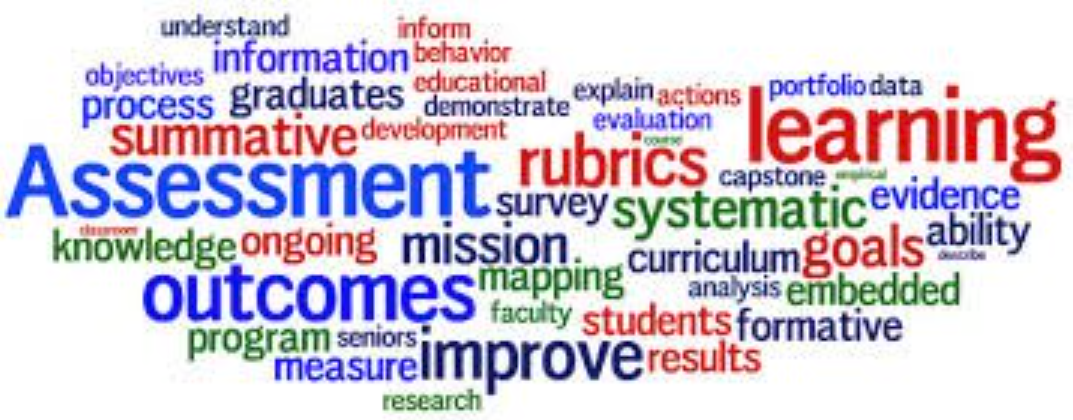From Reports to Purpose: Rethinking the Impact of Education
As the academic year draws to a close, teachers are busy writing end-of-year reports for each student they teach.
While this can be a busy time for teachers, writing these reports provides an opportunity to reflect on each student's journey. It is a chance to celebrate their hard work and resilience throughout the year. These reports remind us of the purpose of education: to nurture the whole child holistically, whilst preparing them for the challenges and opportunities that lie ahead.
“Why do I have to come to school?
Why do I have to learn this?”
As a Christian educator, two questions often arise when my students encounter work that requires mental effort, as learning does. The questions, ‘Why do I have to come to school?’ or ‘Why do we have to learn this?’ encourage me to reflect on the deeper purpose of education. In my own school days, education was largely geared toward preparing a skilled workforce to drive national prosperity and growth. The focus was on technical education, with a small number of students advancing to higher education. But in today's world, with the rapid pace of technological change, the conversation around education has shifted. Today, it is essential to prepare young people not only to succeed in their careers but also to lead productive, fulfilling lives. This requires equipping them with the tools to become lifelong learners who can adapt and thrive in a constantly changing world. This is a useful way to think about education, but I believe without unpacking what it means to be fulfilled it lacks something. Living a fulfilling life can mean different things to different people; however, I believe that the idea of a ‘fulfilling life’ requires more than just practical skills. While fulfillment may look different for each person, certain elements are universally significant: having a strong sense of purpose, knowing what you are passionate about, taking care of your physical and mental health, staying curious, contributing to something greater than yourself, and forming meaningful relationships. Ultimately, though, true fulfillment is found in Christ. In John 10:10, Jesus declares,
‘I have come that they might have life, and have it to the full.’
True abundance in life comes not from worldly success but from a deep, personal relationship with Christ, who alone gives us the fullness of life.
As the school year wraps up and students complete their final assessments, I often wonder if their end-of-year reports will impact the year ahead. These reports offer a retrospective view of the year just passed, but perhaps they would be more meaningful if we put them aside for now and revisit them with fresh perspective in January to consider what we want to work on for the new year. It would be more informative if we were to ask ourselves the following questions, What is my sense of purpose in education? Where am I heading? In their article ‘Why is this relevant for me?’, Johansen, Eliassen & Jeno (2023) tell us that when students are motivated, either out of genuine interest, or because they believe that learning is intrinsically important, they experience deep learning, better academic performance, greater creativity, and improved psychological well-being and that is something worth aiming for. These are the kinds of outcomes we aim for, especially in the context of a Christian school where faith is the foundation of all learning and reporting has a purpose!
Susan Vale – Head of Teaching and Learning Secondary

